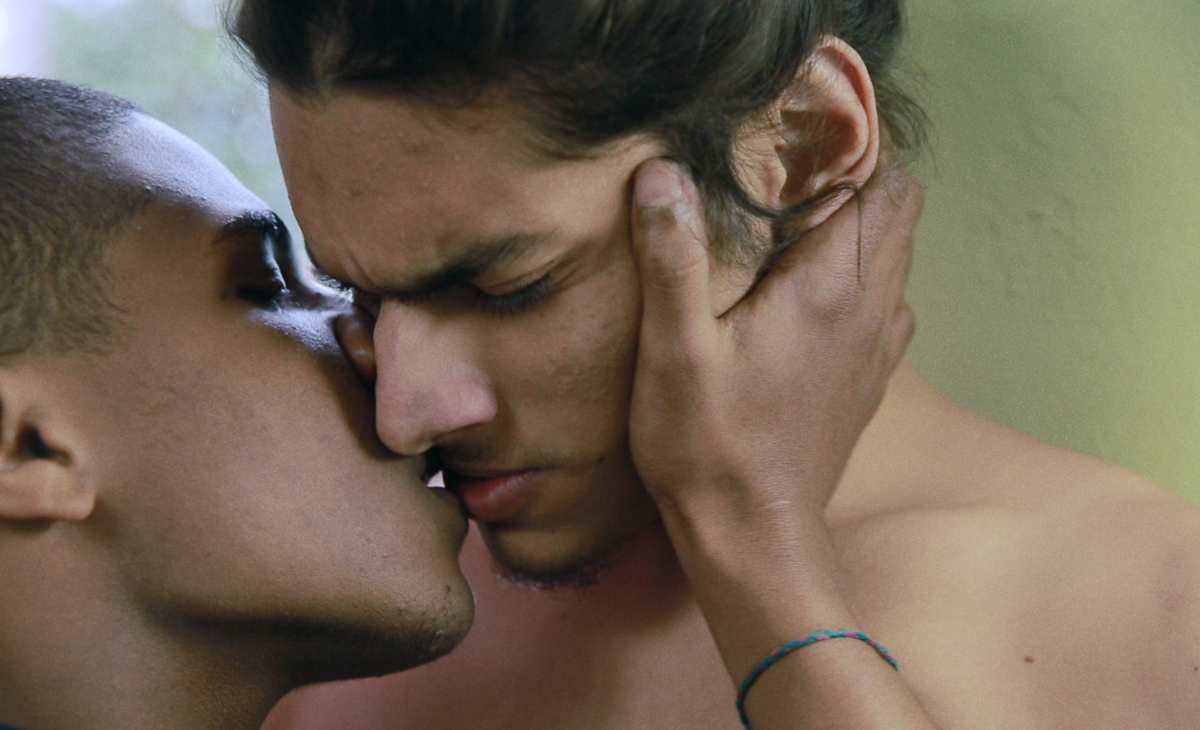
Life is tough enough for Socrates (Christian Malheiros) and his single-parent mother as they struggled to eak out a living in their small shabby apartment in Baixada Santista one of the rougher ghettos of São Paulo. Then she suddenly dies and the 15 year old is left to fend for himself. Behind in the rent and unwilling to allow the Authorities to out him in an Institution to live, the very street savvy kid sets about finding a job and somewhere to live.
He’ll take on any job he can no matter how unsuitable it is and one day on a construction site he meets Maicron (Tales Ordakji) a labourer who initially picks a fight with him, but soon after they become close friends. Young Socrates is desperately lonely and seeks intimacy of any kind. and when the older man takes advantage of this, Socrates mistakes this for love.

He feels his only alternative is his father, who his mother and he left in the middle of then night to escape his abuse. However his hope that things may be better now that he is alone quickly fade when his father wants to beat him because of his sexuality. After that even being used so callously by Maicron seems a much better alternative.
His lack of education and sheer poverty exasperate the boy’s attempt at getting a better life and at the same time he has to grapple with the reality of his burgeoning sexuality completely on his own. This powerful thought-provoking movie is a story of despair with a complete lack of hope and sharply reminds you or the enormous and distressing obstacles that so many LGBTQ youth are forced to deal with by themselves.
What makes this feature film debut from Alexandre Moratto even more impressive is that it was produced by a crew of 16-20 year-olds of the Querô Institute on a budget less than $20K. The Institute is a UNICEF-supported project that provides social inclusion through filmmaking to teenagers of low income households in the Baixada Santista region of São Paulo, Brazil. They did a stunning job in creating a film that is very hard to forget.

